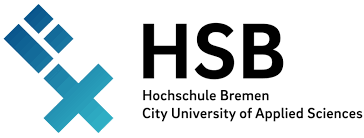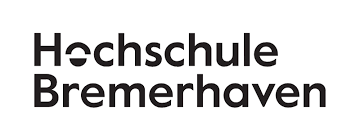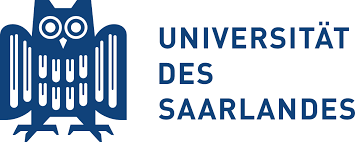You’re using the old Program Database. The new StudyBuddy Database is live with updated courses and a wishlist to save your programs.
Step 1 - Find your Study Program
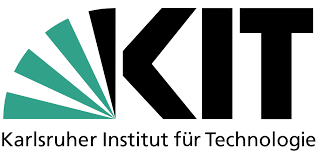
Karlsruhe Institute of Technology
Karlsruhe
Photonics Engineering, Nanophotonics & Biophotonics
Subjects: Photonics;Engineering;Biophotonics;Nanophotonics
M.Sc. | Master of Science
Course description
In the field of optics and photonics, the science of light is thriving. This area encompasses a wide range of interdisciplinary activities, impacting health, the environment, energy, transport, and telecommunications. The economic and societal benefits are substantial. Optics and photonics are crucial for fundamental discoveries and new technologies, involving both theoretical and experimental work. The European Commission recognizes photonics as one of the "Key Enabling Technologies (KET)" that drive innovation now and will continue to do so in the future. The EUROPHOTONICS Erasmus Mundus Joint Master Degree (EMJMD), launched in 2010, is a two-year Master’s program. It focuses on advanced research and applied topics that will shape the future of photonics. This program covers interdisciplinary applications, preparing students to tackle new challenges in academic or applied research careers. They will learn to understand and control matter and optical phenomena at the nanometric scale, develop new imaging and monitoring tools for complex biological processes, and create innovative tools for future optical devices. Graduates of the Europhotonics program find positions in industries, research laboratories, and universities worldwide. This program equips them with the skills to contribute significantly to the field of photonics, addressing today’s
Program Information
| Study Location | Karlsruhe |
| Start Semester | Summer, Winter |
| Study Form | Full-time |
| Study Type | Postgraduate |
| Teaching Language | English |
| Dual | No |
| Remote | No |
| Application Fee non-EU | No information |
| Study Length | 4 Semesters |
| Tuition Fees per Semester | 1,500 EUR |
| Cost per Semester | 170 EUR |
Step 2 - Check Application Requirements
Application Requirements
Language Requirements
| CEFR | No information |
| IELTS | No information |
| Cambridge (CAE) | No information |
| TOEFL IBT | No information |
The tuition language is English. Students are notably expected to produce a Master Thesis in English. A strong command of written and oral English is therefore requested. Applicants will have to demonstrate during application an English language proficiency equivalent to level B2 (TOEFL / IELTS / Duolingo / TOEIC scores or equivalent proof). TOEFL (570 paper-based, 250 computer-based, 88 internet-based) IELTS (at least 6.5) Duolingo (at least 120) TOEIC (at least 785)
Qualification Requirements
The students who want to apply to the program at the M1 level must hold a “Bachelor” or “Licence” degree corresponding to, at least, 180 ECTS (validated for European students or Partner countries), in the fields of : physics, optics & photonics, electrical engineering, mechanical engineering, physical chemistry, applied physics. Applicants must possess a solid academic background in the general fields of physics and mathematics (usually a minimum 12 ECTS each during the Bachelor studies). Most applicants are currently enrolled for their last year or session of a BSc or BEng program or equivalent. In this case, the original version of the diploma will be asked after selection.
Document Requirements
Your profile – to be filled online Photo Proof of nationality: Clear copy of passport (preferred) or ID Up-to-date curriculum vitae (2 pages max) Letter of motivation (2 pages max) University graduation diplomas University graduation certificate + Official English translation (first university degree and others – do not send secondary school diploma). Selected students will be asked to bring the original diplomas at their arrival. For students who are currently enrolled in their last year or session of a BSc or BEng program or equivalent, provide your current certificate of enrollment as well as the expected graduation date. Transcripts of records Transcript of Records/Diploma Supplement + Official English translation (marks/results obtained until now at BSc or equivalent, including information about content and amount of the courses, e.g. credits or hours per week). 2 Recommandation Letters The reference letters must come directly from your referees. Therefore you must provide in the application the contact information of the two persons who will write the recommendation letters for you. Relatives, family members, and students are not eligible to submit recommendations. At least one recommendation should come from a faculty member who is familiar with your educational background. Do not provide their personal email address, only their institutional email addresses. These referees will receive a direct email with instruction on how to upload their recommendation letters. When done, you will see in the Application Software that we have received the recommendation letter, but you will not be able to see the document itself. The letters upload by yourselves will be considered as “Other references” documents and will not be sufficient to validate your application. Residence proof Residence certificate + Official English translation of the original document, which must have been issued within 12 months before the application deadline. This document should certify clearly your actual address. It can either be: – a certificate of residence provided by your municipality, – a certificate confirming your place of employment or study/training, issued by your employer or your educational institution. Residence history – for students coming from “Third Countries not associated to the programme” only Upload a manuscript letter signed by you (see example here) stating that “you are not resident nor have carried out studies or training work for more than a total of 12 months over the last 5 years in any “EU Member State or Third Country associated to the programme“. The 5-years residence period for this 12 months rule is calculated backwards as from the submission deadline of applying for the EMJM scholarship. If you cannot provide this document, you have to restart your application as a “EU country and Third Country associated to the programme” candidate. Documentation of English language proficiency Your knowledge of English must be documented by either a copy of your TOEFL / IELTS / Duolingo / TOEIC report sheet or any proof/certificate attesting your English level. – If you have followed a bachelor’s or master’s programme at a University or Higher Education Institute (HEI) in your country and the language of all the courses has been English for at least 10 months of the program, then you can submit a certificate from your University or HEI stating this fact (English proficiency certificate). If you can add a TOEFL / IELTS / Duolingo / TOEIC certificate, this can add value to your application. – If you have followed a program where the language of education was not English, but you have followed English Language courses as part of your curriculum or in a private or other institute, then this does not correspond to the criteria. You will need to pass a TOEFL / IELTS / Duolingo / TOEIC test. – If you have not followed higher education in English but have for example several years of working experience in an English language environment, then this does unfortunately not meet the criteria. You will need to take a TOEFL / IELTS / Duolingo / TOEIC test. Applicants with Chinese, Mongolian, Indian & Vietnamese Bachelor degree are advised to upload an APS certificate as part of their optional documents. Other optional documents
Application Process
| Acceptance Interview | No |
| Acceptance local admission restrictions | Restricted |
| Application | directly at the University |
Step 3 - Get studying insights
Your Free StudyBuddy Checklist
Making your move to Germany easy
-
Simplified step-by-step Checklist
-
Track progress and complete tasks on the go
-
Direct access to webinars and resources
-1.png?width=1179&height=1764&name=image%20(6)-1.png)

Free Live Webinar
How to Study in Germany for Free
Get ready to study in Germany!
February 26th, 2026
-
Learn how to find your ideal program
-
Step-by-step application guide
-
Tips and tricks to get admission
Step 4 – Apply for a Visa
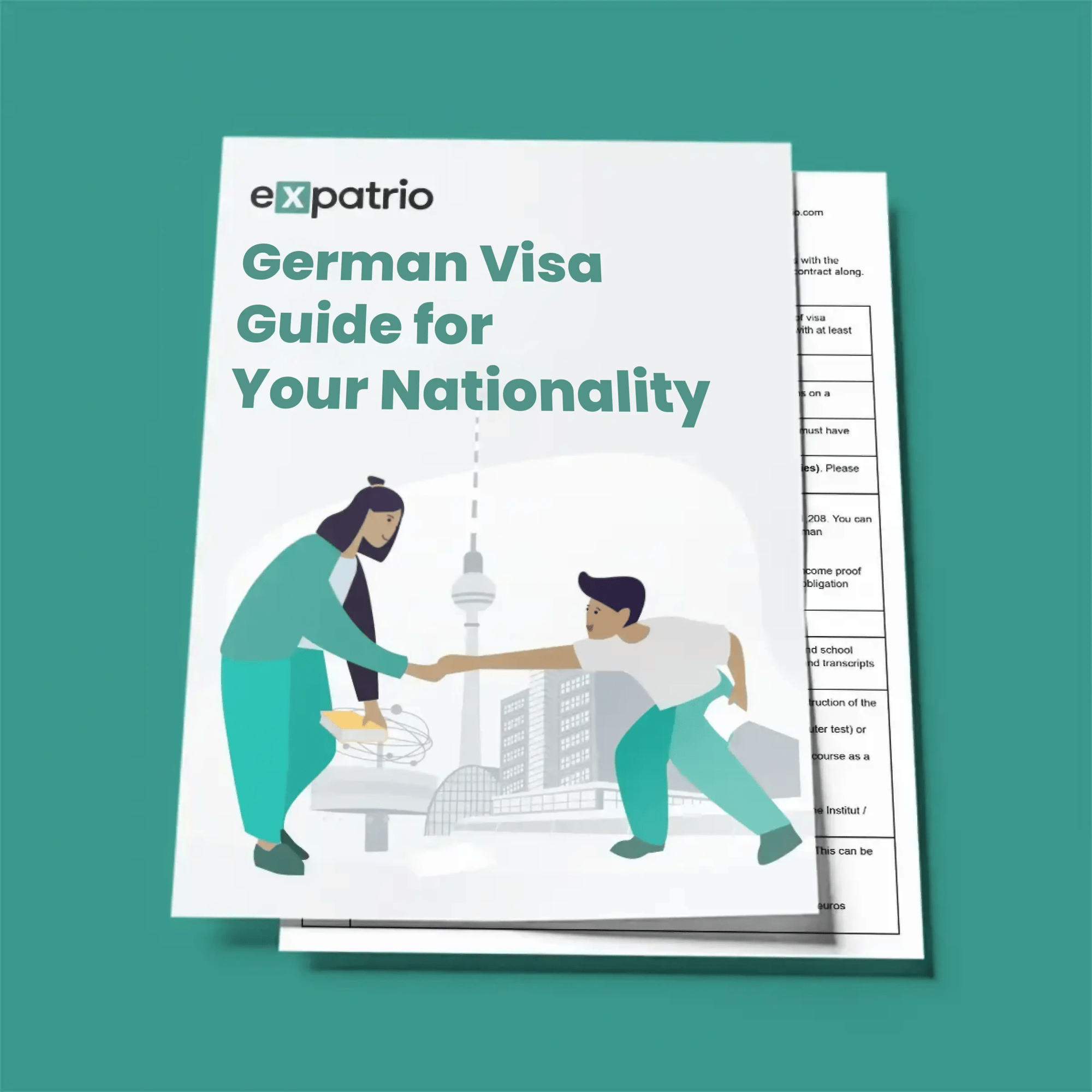
German Visa Guide
Your tailored German visa application guide
Be Prepared for Your Visa Appointment
Value Package
-
GERMAN BLOCKED ACCOUNT
-
Accepted by all German authorities
-
Instant blocked amount confirmation once funds are received
-
TRAVEL HEALTH INSURANCE / INCOMING INSURANCE
-
Free coverage worth up to €953. Mandatory for your visa
-
GERMAN HEALTH INSURANCE
-
Award-winning, affordable cover for visa, university, and life in Germany4
-
Up to €90 cashback with your personalized insurance2
-
FREE GERMAN BANK ACCOUNT
-
Instant access to monthly payouts + automatically connected to your Blocked Account
-
Free digital bank card ready to use worldwide. Apple + Google Pay.
-
ADDITIONAL FREE BENEFITS
-
Free International Student ID Card (digital) with thousands of discounts1
-
In-app accommodation access
-
COST BREAKDOWN
-
Monthly fee: Only €5
-
Blocked Account set-up fee: €89






